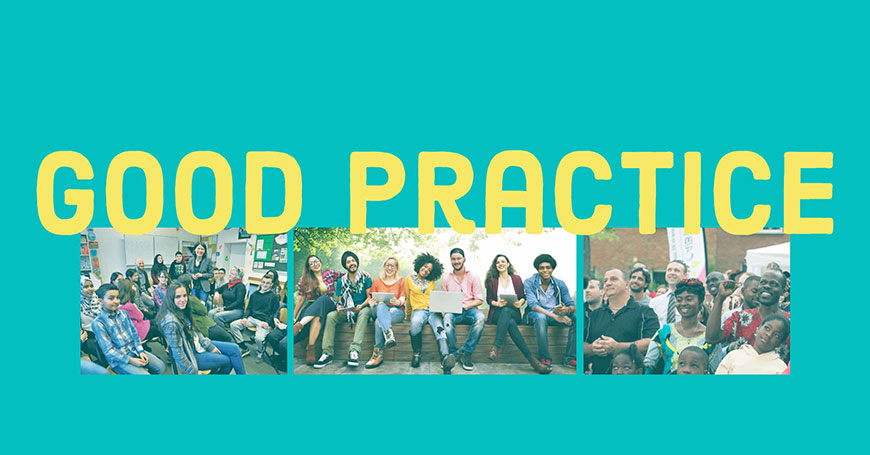Intercultural cities: good practice examples

The first step is the adoption (and implementation) of strategies that facilitate positive intercultural encounters and exchanges, and promote equal and active participation of residents and communities in the development of the city, thus responding to the needs of a diverse population. The Intercultural integration policy model is based on extensive research evidence, on a range of international legal instruments, and on the collective input of the cities member of the Intercultural Cities programme that share their good practice examples on how to better manage diversity, address possible conflicts, and benefit from the diversity advantage.
This section offers examples of intercultural approaches that facilitate the development and implementation of intercultural strategies.
First Welcome
Purpose: The city is applying an intercultural approach to dealing with welcoming newcomers, via a two-stage process. The First Welcome deals with the basic issues of identification, certification,...
Safer Alta de Lisboa
A community-policing service based on intercultural principles Purpose: Since 2007, the Lisbon Municipal Police (LMP) has been developing a community policing strategy, seeking the maintenance of...
Give Something Back to Berlin
Purpose: A social enterprise that treats refugees not as victims but bringers of diversity advantage Process: The “Give Something Back to Berlin” (GSBTB) foundation is a fine example of a civil...


